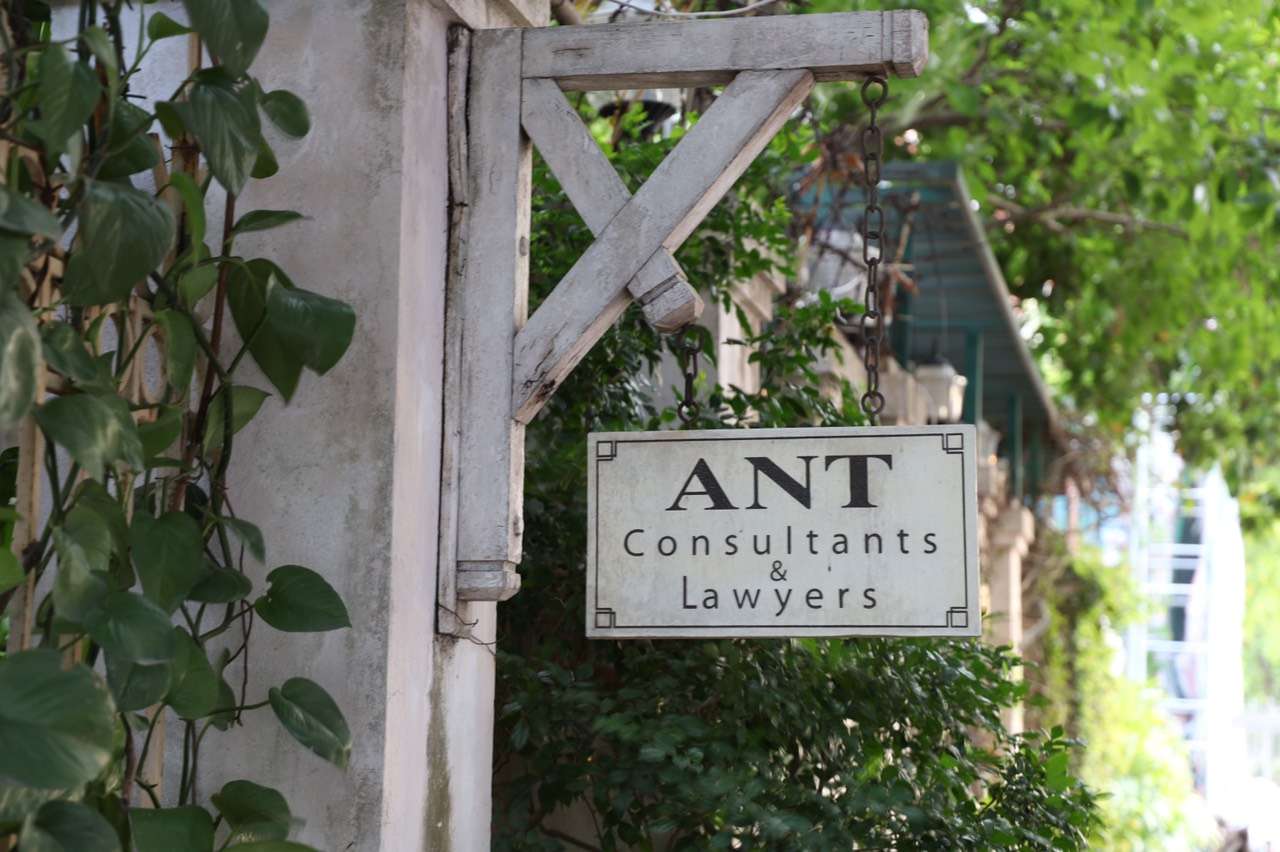The 2005 Law on Intellectual Property
(IP) was amended and supplemented twice, in 2009 and 2019, to make it more
practical and to address new concerns in the area of intellectual property as
they arise. However, given the rapid development and international integration
of this field, the requirement for updating this law continues to be raised so
that domestic law is consistent with international law. The National Assembly,
therefore, promulgated the Law amending and supplementing several sections of
the IP Law (referred to as the Law on Amendments and Supplements) on June 16,
2022, which will officially take effect on January 01, 2023. The new law
modifies more than 100 articles of the IP Law and focuses on 7 major policy
groups.
What Are New Points of the Law
Amending and Supplementing The Law on Intellectual Property?
First, the IP Law
updates, corrects and perfects the interpretation of terms so that they are
coherent and consistent. Any statute will contain provisions defining the
technical terms of the area covered. However, in the process of linking terms
and regulations, inconsistencies or misunderstandings still occur, hence
amendments and supplements are necessary. Specifically, some concepts in
Article 4 of the IP Law such as: derivative works; published work,
audio and visual fixation; reproduction; broadcasting; industrial design;
integrated trademarks; well known mark; geographical indication are
explained and clarified. The terms can be seen as the basis for defining and
applying legal provisions related to the claims arising around it, such as
copyright for derivative works or industrial property rights for geographical
indications. The terms under the Law on Amendments and Supplements are not
completely renewed but simply inherited and perfected from the old law, then it
is reasonably possible to adapt and apply.
Second, the Law on
Amendments and Supplements provides more specific provisions on copyright and
related rights in Vietnam; extending the term of protection; at the
same time, there is a change in the assignment or transfer of these rights. In
addition to works that are protected for the life of an author,
cinematographic, photographic, theatrical, and applied art works, anonymous
works published for the first time, have their protection term extended from 50
years to 75 years. It can be remarked that copyright protection in Vietnam is
becoming more and more important and stricter. The biggest change is that the
Law on Amendments and Supplements allows the author to transfer one more moral
right. Pursuant to Article 41 of the 2005 IP Law amended and supplemented in
2009 and 2019, the author may only transfer some or all of the property rights
and the only moral right which is to publish the work. Until the Law on
Amendments and Supplements in 2022, Article 19 allows “authors have the
right to transfer the right to use the right to give titles to their works”.
Besides, the previous provision in Article 47: ” Authors shall not be
permitted to license the moral rights stipulated in article 19 of this Law,
except for the right of publication…” is amended to “ Authors shall
not be permitted to license the moral rights according to clause 2 and 4,
Article 19 of this Law…”. This change means that the author is allowed to
transfer two moral rights: the right to publish the work and the right to give
title the work. From there, the owner who are transferred these rights can
completely name or change the name, which absolutely does not affect the
legitimate rights of the author.
Third, the Law on
Amendments and Supplements in 2022 clarifies acts of infringing upon copyright
and related rights. Article 28 stipulates the act of copyright
infringement in Vietnam initially has 16 clauses, then it is
condensed and concise into 8 clauses but still full and covers the content. For
example, Clause 1 “appropriating copyright in literary, artistic or
scientific works”, Clause 2 “impersonating an author”, Clause
3 “Publishing and distributing works without the author’s permission”,
… are all included in Clauses 1 and 2 of the new law as “infringement on the
moral rights and property rights of the author”. In addition, the clauses
of Article 35 on related rights infringement are supplemented and explained.
Both Article 28 and Article 35 add Clause 11 on the act of “failure to
perform or incomplete implementation of regulations to be exempted from
liability of the intermediary service provider”. Technological technology
and the Internet have developed strongly, leading to the formation of
intermediary service providers. The regulations about “enterprise providing
intermediary services” have first appeared in the IP Law, demonstrating the
development and completion of the law in order to promptly adjust new problems.
For exceptions that do not infringe copyright, according to the Law on
Amendments and Supplements, when using a published work, one does not have to
ask for permission or pay royalties, but he/she must provide information about
the author’s name and the source and origin of the work. This change is to
ensure copyright for that work, to avoid misunderstanding that the user is the
author of the work.
Fourth, the procedure for registration of
copyright, related rights and industrial property rights in Vietnam have become
simpler and more streamlined. If the unmodified Law only stipulates that the
application is filed directly or through a legal IP representative in Vietnam,
the application for establishment of rights can be filed in the form of a
written document in paper form (submitted in person) or electronically under
the online application system after the law is amended. The new regulation
represents an update in line with the development of the information technology
level of the digital age. This creates favorable conditions for subjects to
easily submit registration IP applications in Vietnam, especially those with
geographical distances without authorizing other organizations and individuals
to apply. At the same time, it also helps reduce the resources required to
receive applications directly.
Fifth, the use of the
National Flag, National Emblem and National Anthem is regulated for the first
time in the Intellectual Property Law. Specifically, “Organizations and
individuals exercising intellectual property rights related to the National
Flag, National Emblem and National Anthem of the Socialist Republic of Vietnam
must not prevent or obstruct the dissemination and use of the National flag,
National Emblem, National Anthem” (added to Article 7.2). Thus, the
dissemination and use of the National Flag, National Emblem, and National
Anthem is allowed without being prevented or obstructed by any organization or
individual if the purpose of such use does not violate the law and not against
social morality.
In conclusion, the Law amending and
supplementing the IP Law 2005 has updated more than 100 provisions to be
consistent with the country’s socio-economic, scientific and technological
development orientations and international treaties to which Vietnam is a
member. For the Law to amend and supplement to achieve good results when it
comes to implementation, competent state agencies should soon issue detailed
guiding regulations, focus on organizing the implementation of the Law and
ensuring the following regulations. the provisions of the Law come to life. The
success of the Amended Law of Intellectual Property Law in Vietnam will make an
important contribution to the sustainable development of the field of intellectual property rights in
Vietnam.





.jpg)
.jpg)
.jpg)
.jpg)
.jpg)








.jpg)
.jpg)
.jpg)
.jpg)
.jpg)
.jpg)
.jpg)
.jpg)
.jpg)
.jpg)
